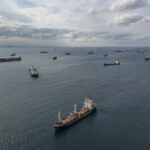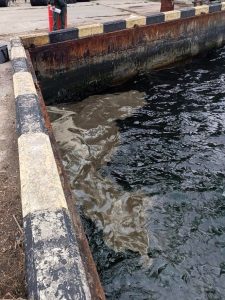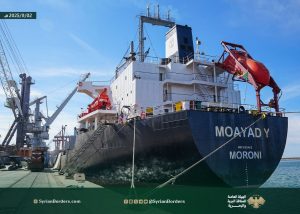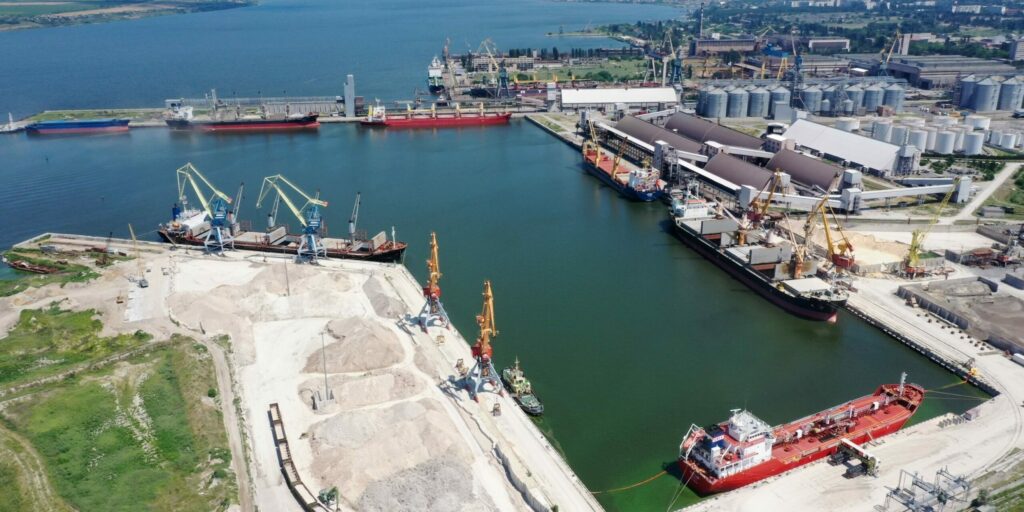Ukraine lost $18 billion in foreign exchange earnings due to the shortcomings of the Grain Agreement
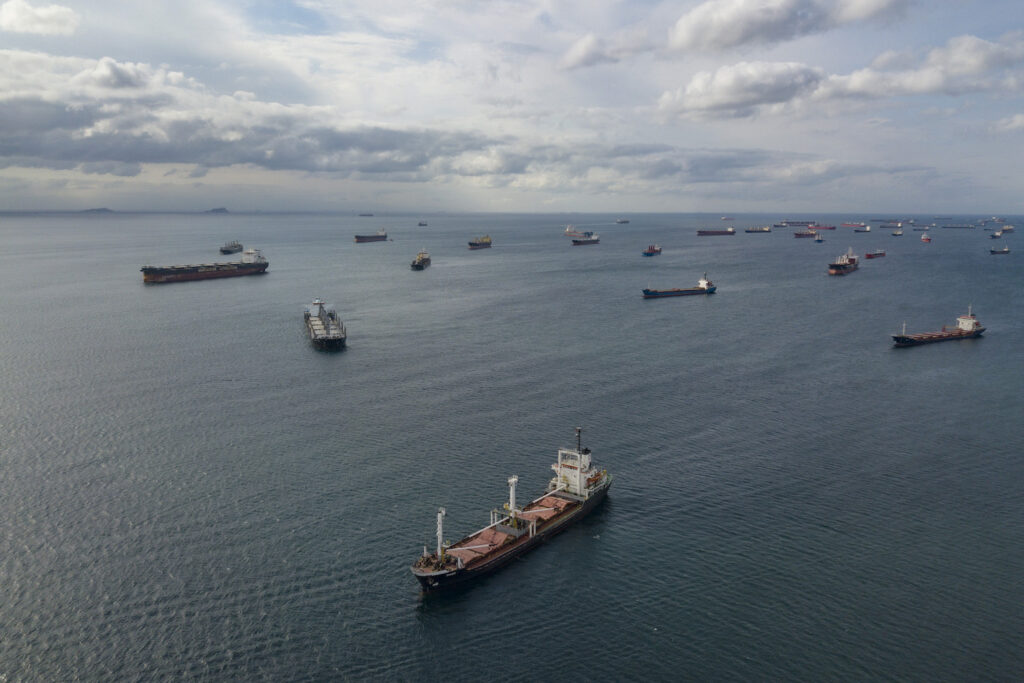
The International Federation of Transporters insists on the need to completely unblock Ukrainian ports and reproaches the international community for tacitly approving Russian terrorism in the Black Sea.
The ITF called for the complete unblocking of Ukrainian ports without any Russian influence on what Ukraine trades, reports CTS.
The Federation emphasized that Ukraine cannot limit itself to grain exports, because it makes up only 40% of the cargo base of the ports before a full-scale war.
The organization also suggested turning to foreign partners to provide Ukraine with all the necessary weapons to “forcefully stop terrorist and pirate attacks by the Russian Federation on free commercial shipping in the ports of Ukraine.”
The Federation believes that the Grain Agreement in its June-July format is imperfect. After all, according to this document, the terrorist country determines and controls how much and in what order Ukraine can export from its own ports. This creates a deceptive legal appearance that Ukraine has voluntarily given up other seaborne exports, and also undermines its economy.
According to ITF estimates, as a result of restrictions on the range of goods exported through sea ports, Ukraine lost at least 10% of GDP, $18 billion in foreign exchange earnings, 500,000 jobs, and UAH 135 billion in taxes.
The existing mechanism leads to the deterioration of Ukraine’s relations with its closest neighbors in the EU — Ukrainian farmers cannot export the necessary amount of products by sea, so they are forced to send more products to the markets of neighboring countries, causing additional tension there.
Also, the established procedure for the passage of ships within the Grain Agreement means a significant increase in the cost of sea transportation (long waiting of ships for inspection in the Bosphorus, long periods of storage of products in ports). This, in the end, leads to a decrease in purchase prices for agricultural products, and deals another blow to Ukrainian farmers and agribusinesses.
In fact, through the format of the Grain Agreement, the Russian Federation legalized the “right of piracy” at sea and received unprecedented rights to fully control the foreign trade of a sovereign state in the Black Sea, as well as control functions in the Bosphorus Strait, which are not provided for by the Montreux Convention, the ITF noted.
The international community witnessed brazen piracy in action and de facto acquiesced to this state of affairs. Now Russia trades freely, receives tens of billions of dollars from sea supplies to foreign markets, which enables it to buy weapons and finance the war against Ukraine. At the same time, a peaceful country that defends its independence is under a naval blockade
“We have a number of industries that lost export markets or were unable to provide themselves with imported raw materials due to the fact that Ukraine was allowed to trade only in grain. Without ports or only on the export of grain, Ukraine will not be able to build a strong economy, which is necessary to defeat the enemy. The time has come to talk about the complete unblocking of Ukrainian ports,” the Federation said.
In particular, the ITF called for the following steps:
• emphasize and advocate that the only possible format is fully unblocked ports of Ukraine without any influence of the Russian Federation on what Ukraine trades;
• ask partners to provide Ukraine with the necessary weapons;
• significantly strengthen the sanctions pressure of the international community on the Russian Federation within the framework of the fight against piracy and terrorism in the Black Sea region.
In addition, the Federation proposed taking measures to strengthen the defense sector and ensure the safety of ships in the Black Sea:
• comprehensive monitoring;
• anti-missile defense;
• detection and disposal of sea mines;
• implementation of the Procedure for providing guarantees for compensation for damage caused to ships as a result of the war;
• creation of a commercial risk insurance mechanism in partnership with international organizations.
